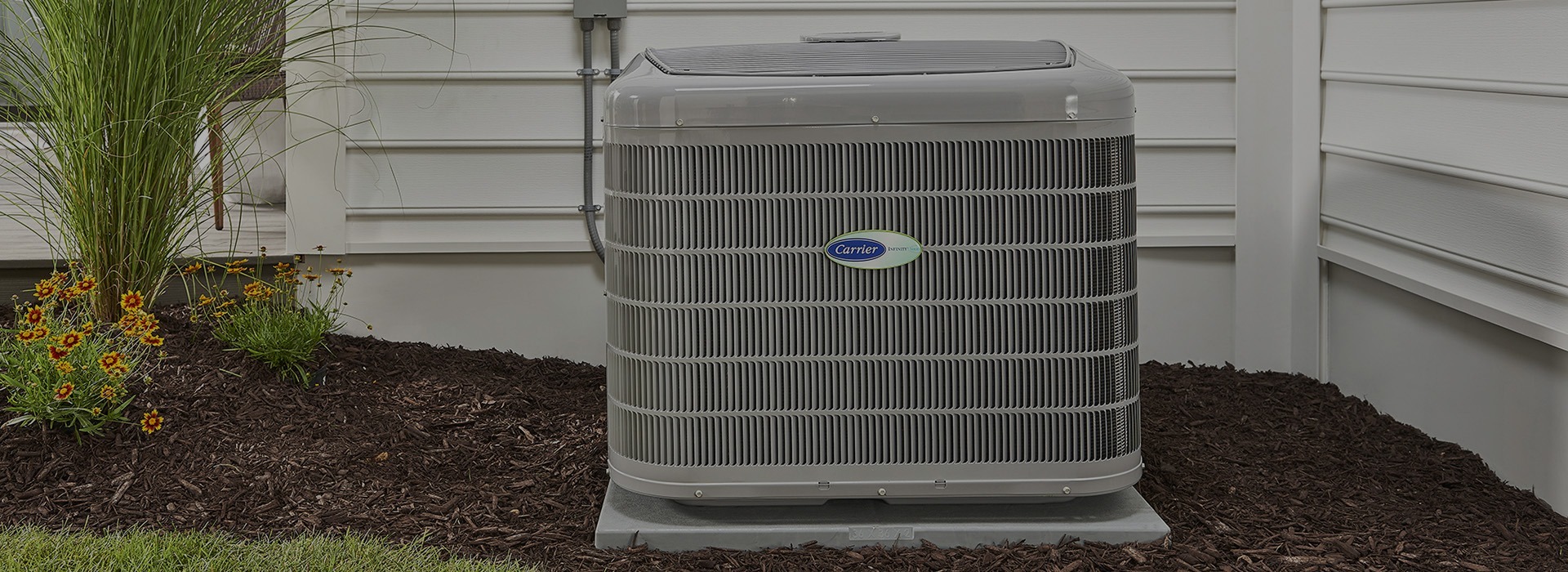How to Choose the Right HVAC System for Your Demands
Picking the suitable cooling and heating system is a critical choice that requires cautious consideration of different variables. Begin by examining your home's size, design, and distinct requirements, as these components determine the essential capability and setup of the system. Additionally, developing a budget that incorporates setup and long-lasting operational prices is crucial. As you evaluate your options, understanding energy effectiveness ratings and the implications of your neighborhood environment will certainly play a significant function in your choice. However, the myriad of system types available can complicate this procedure, leading one to ask yourself which path inevitably leads to optimal convenience and efficiency.
Evaluate Your Home Size
Assessing your home dimension is an important very first step in selecting the appropriate HVAC system. The size of your home directly affects the heating & cooling ability required for reliable climate control. A heating and cooling system that is also little will certainly have a hard time to preserve comfy temperatures, leading to increased energy intake and endure the device. Alternatively, an extra-large system can lead to brief cycling, inadequate humidity control, and ineffective procedure.
To precisely analyze your home dimension, measure the square video footage of each area, taking into consideration elements such as ceiling height and the design. Additionally, consider the insulation high quality and the variety of windows, as these elements impact thermal performance. Residences with open layout may call for various system setups contrasted to those with many split areas.
Utilizing the Guidebook J lots computation technique can offer a more precise estimate of your a/c needs. This technique accounts for different factors, including local climate, solar gain, and occupancy patterns. By very carefully assessing these facets, you can guarantee that your chosen cooling and heating system is suitably sized, resulting in enhanced comfort, energy effectiveness, and longevity of the devices.
Determine Your Budget Plan
Identifying your budget is an essential step in the HVAC system option process, as it sets the specifications for your choices - DMAKS HVAC. A heating and cooling system is a substantial investment, and understanding your financial limitations will certainly assist narrow down selections that fit within your ways
Begin by assessing not just the initial purchase rate yet also installation prices, which can differ significantly depending on the complexity of the job. Furthermore, consider continuous costs such as maintenance, repair work, and energy consumption. A system might show up budget friendly at first but can result in higher prices gradually if it is much less effective.
It is a good idea to designate a contingency fund for unforeseen costs that might occur throughout installment or preliminary system changes (DMAKS HVAC). Furthermore, explore funding options or rebates that may be available, as these can relieve the worry of upfront prices
Inevitably, having a clear budget plan permits you to involve with a/c professionals more properly, ensuring you obtain tailored advice that aligns with your economic goals and home needs. By being thorough about your spending plan, you can make informed choices that enhance comfort without compromising monetary security.
Evaluate Energy Performance
Power efficiency plays a vital duty in the overall performance and cost-effectiveness of your Heating and cooling system. over at this website Look for systems with a high Seasonal Power Performance Ratio (SEER) for cooling down and a high Yearly Fuel Application Efficiency (AFUE) rating for heating.
Furthermore, think about the Power Celebrity qualification, which signifies that the system satisfies rigid performance standards established by the Environmental Protection Agency. Investing in an Energy Star-rated cooling and heating system can result in considerable cost savings with time, specifically in locations with severe temperature changes.
An additional factor to assess is the system's dimension and capability. An extra-large or undersized unit can lead to ineffectiveness and raised power prices. DMAKS HVAC. Correct sizing, commonly established via a Hand-operated J tons computation, guarantees that the system operates at optimal performance


Take Into Consideration Climate and Atmosphere
When picking a heating and cooling system, it is essential to consider the local climate and ecological problems, as these aspects dramatically affect the system's efficiency and performance. Various areas experience differing temperature level extremes, moisture degrees, and seasonal modifications, all of which effect heating and cooling demands.

Additionally, local environmental variables, websites such as air quality and possible allergens, ought to educate your choice. Solutions geared up with sophisticated purification innovations can aid mitigate contaminants and give cleaner air. Additionally, think about the power resources available in your area-- some cooling and heating systems are more efficient when powered by gas or renewable resource sources.
Ultimately, aligning your cooling and heating system option with your regional environment and ecological factors to consider will certainly lead to improved comfort, improved effectiveness, and lower power expenses.
Explore System Kind and Attributes
As homeowners seek to enhance convenience and performance, discovering the various kinds of heating and cooling systems and their distinct functions ends up being necessary. The key sorts of HVAC systems include main air conditioning, heatpump, ductless mini-split systems, and furnaces. Each system offers distinctive benefits customized to various requirements and choices.
Central air systems supply uniform cooling throughout a home, making them optimal for larger spaces. Heatpump function as both home heating and cooling services, utilizing electricity to move warmth, which can lead to lower energy prices. Ductless mini-split systems are coming to be significantly preferred because of their flexibility and ease of installment, enabling property owners to control the temperature level in private spaces without comprehensive ductwork.

Verdict
Finally, selecting the suitable heating and cooling system requires cautious factor to consider of numerous variables, including home dimension, budget constraints, energy performance, local climate, and available system types. A detailed assessment of these elements makes certain optimum convenience and cost-effectiveness. By adhering to a structured strategy, home owners can make enlightened choices that line up with their specific requirements and preferences, eventually resulting in enhanced indoor air high quality and energy financial savings.